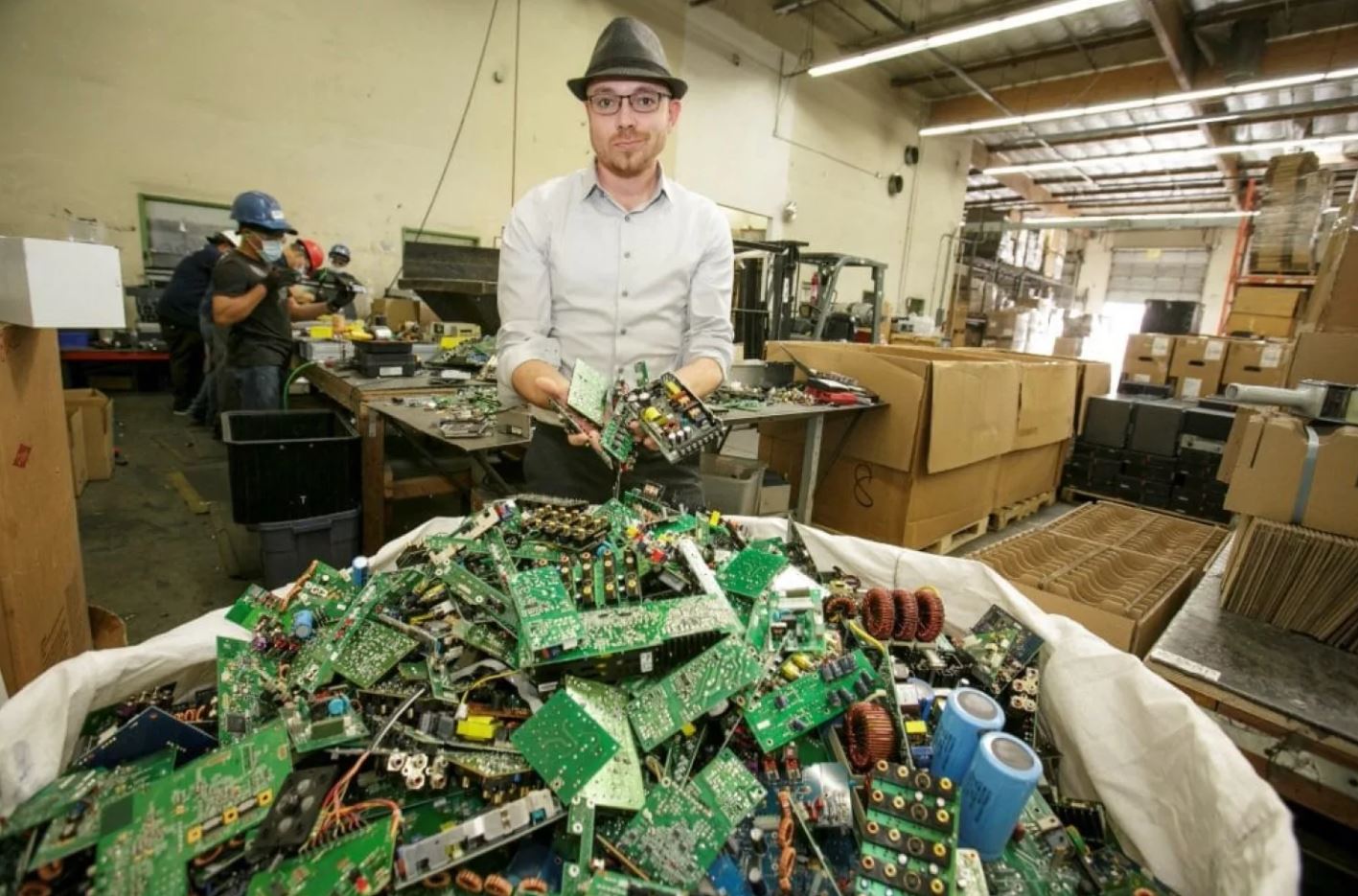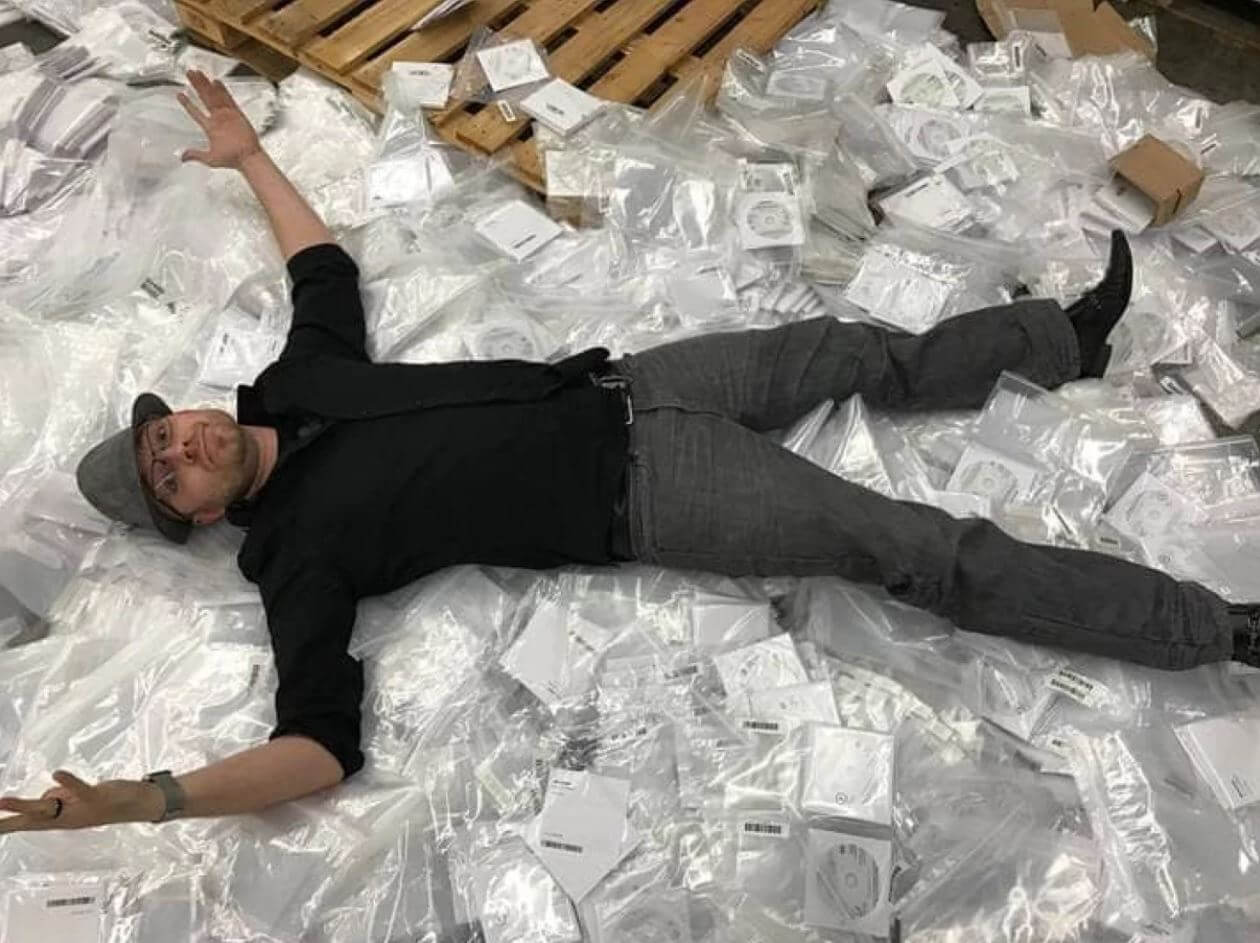
What started out as an idea to prevent the ever increasing amount of electronics ending up in landfills has gotten Eric Lundgren into a tight spot. His company takes in and handles over 41 million pounds of electronic waste products annually. Unfortunately for Lundgren, Microsoft disagreed with his practices to attempt to extend the life of PCs.
Lundgren created around 28,000 discs with the Windows operating system burned onto them so it would be easier for consumers to make use of recycled products. Duplicating thousands of discs has resulted in sentencing Lundgren to 15 months in prison and also a $50,000 fine. However, a federal appeals court is allowing a review on the grounds that it may be a misunderstanding.
Restore discs are commonly provided to consumers when purchasing a computer from an OEM so that if something goes wrong, the software can be restored without too much hassle. Lundgren did not deny that he planned to sell his homemade restore discs nor that he burned thousands of them. He believes that owners should have easy access to needed software and maintains that he is not trying to offer illegal software to anyone without a valid license.

One major issue with Lundgren's business venture is that Dell and Microsoft logos were used on the duplicated discs to replicate the restore discs that Dell hands out with many systems. Whether or not his practices of duplication are legal, using corporate logos on duplicated discs without permission is a red flag.
Clearly, prosecutors have different views than Lundgren. Florida courts provided an indictment with 21 counts against the duplication practices. Microsoft sent in a letter asking for $420,000 as damages to lost sales. So far, Lundgren and his business partner have not been ordered to pay any damages because no discs were actually sold.
As the story unfolds, Lundgren will have to appeal before the 11th Circuit courts in attempt to remain out of further trouble. While attempts to reduce waste and extend the life of electronics is generally accepted as a noble cause, the same licensing rules still apply.
Image Credit: The Washington Post
https://www.techspot.com/news/73358-man-tries-reduce-e-waste-but-facing-prison.html